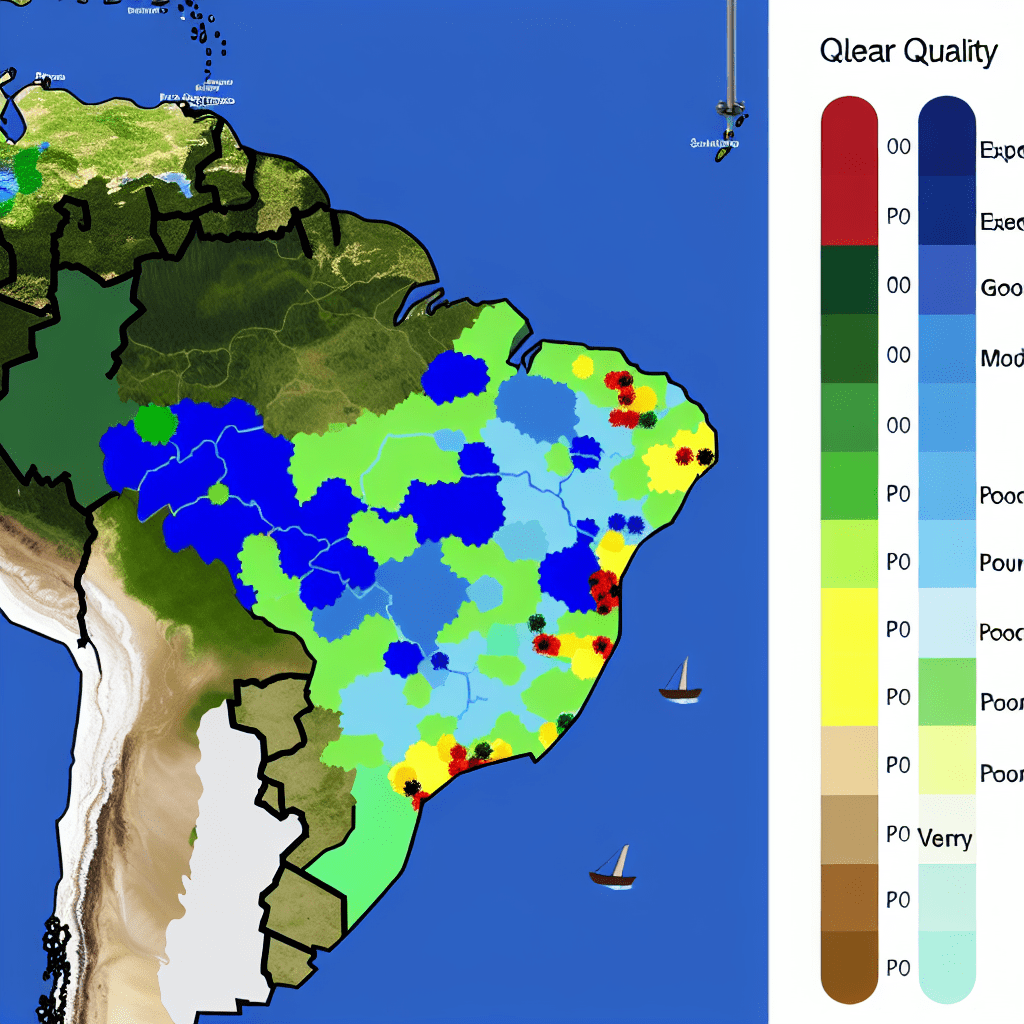”
Water, life’s most essential element, carries a multitude of variations in quality across the globe. One region grappling with growing concerns about water quality is Brazil, the largest country in South America. This article will delve into the water quality issues in Brazil, exploring the underlying causes and possible remedies.
Despite being home to the world’s largest freshwater reserve, thanks to the mighty Amazon, Brazil is plagued with critical issues concerning water quality and accessibility. An approximate 35 million Brazilians lack access to safe water, according to the World Health Organization’s reports.
Two main issues significantly impact Brazil’s water quality: pollution and inadequate sanitation. A substantial portion of Brazilian water bodies are severely polluted by urban runoffs, industrial discharges, and pesticides from agricultural activities. Moreover, about half of Brazil’s population lack access to sewerage services, exacerbating contamination problems.
A glaring example of water pollution is in the Rio Doce, wherein a disastrous dam collapse event in 2015 caused the release of about 60 million cubic meters of iron waste, making the river’s water unfit for use.
The Brazilian government and local authorities have pledged to improve water quality over the years. Initiatives such as the Plano Nacional de Saneamento Básico (National Plan for Basic Sanitation) have been enacted to develop and modernize Brazil’s sanitation infrastructure.
Holistic measures are required to confront these complex water quality issues fully. Strict enforcement of pollution control regulations, advancing wastewater treatment facilities, and proper solid waste disposal mechanisms are imperative.
Moreover, substantial investments towards infrastructure improvement, notably in rural and disadvantaged areas, can ensure more equitable access to clean water. Implementing community-led water management programs and environmental education can also create a significant difference.
In conclusion, Brazil’s water quality issues are daunting yet not insurmountable. A comprehensive chosen strategy, including policy reform, technology application, environmental education, and community involvement, can pave the way towards a thriving and sustainable water future for Brazil.
By FountainGO!

